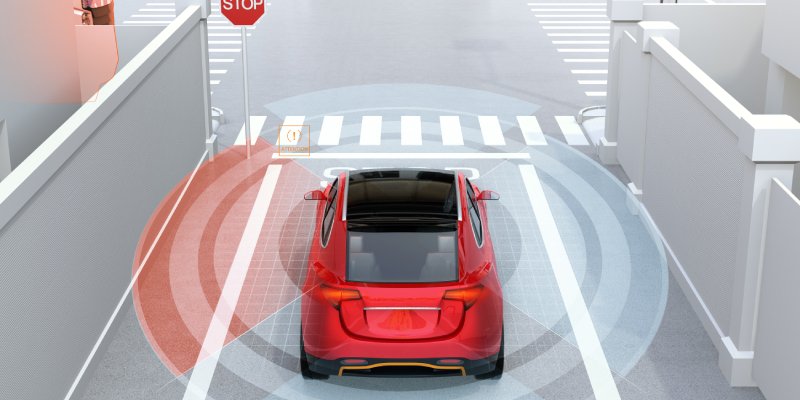Connecting it to the customer
The Indian customers are slowly asking for ratings, asking for Global NCAP ratings of the cars; five-star Global NCAP cars are already coming in. Global NCAP is an independent agency and NCAP rating is primarily given by an independent agency. The agency selects the car for testing rather than the OEM going to it for getting the car tested. There are two parameters on which they are testing the cars. The test is performed at defined speed of 64km per hour, and a set of accidents are performed. The agency sees the impact of the accident on the occupants sitting inside the vehicle. The occupants would be an adult sitting in the driver seat, the co-driver sitting in the passenger seat beside the driver and a child in the rear seat. The rating is given based on the safety of adult and child. But in real time, very often we are driving above 64km per hour on the highways. One need to keep this in mind when they consider their cars to be NCAP star ratings and drive beyond prescribed limits.
Overall, there is an awareness among the customers now. There is a shift from the earlier “how much it gives” to “how safe is this car”. In this paradigm shift, the customers need to understand the conditions under which the tests are done and what would really happen when the accidents really happen.
Minister Nitin Gadkari has already announced that India is bringing in Bharat NCAP (New Car Assessment programmes) and he has asked all the OEMs to follow Bharat NCAP, in my opinion that will be a game changer and big step towards reducing the road accidents/ deaths. We may see a push happening from the government side where they can make Level 1, the basic ‘Emergency Brake Assist’ – EBA as a mandatory feature and it will save a lot of lives.
Now is the time, as customers, we shall start asking “Will it stop accidents?” This will definitely push car manufacturers to bring ADAS technology faster in all their offerings.
